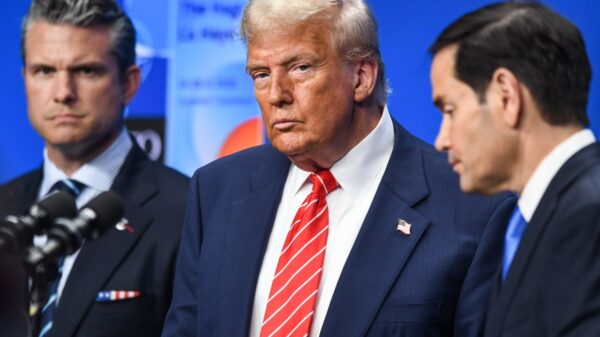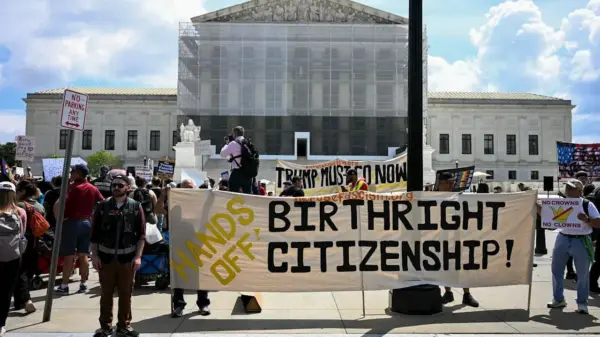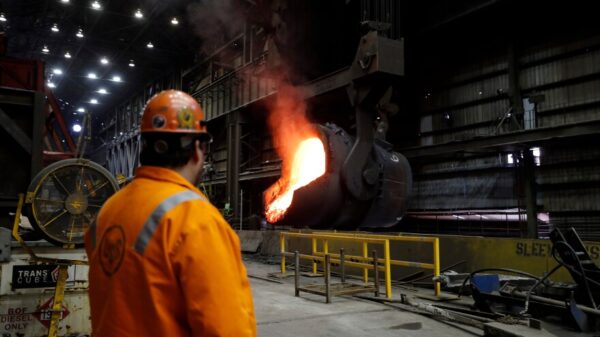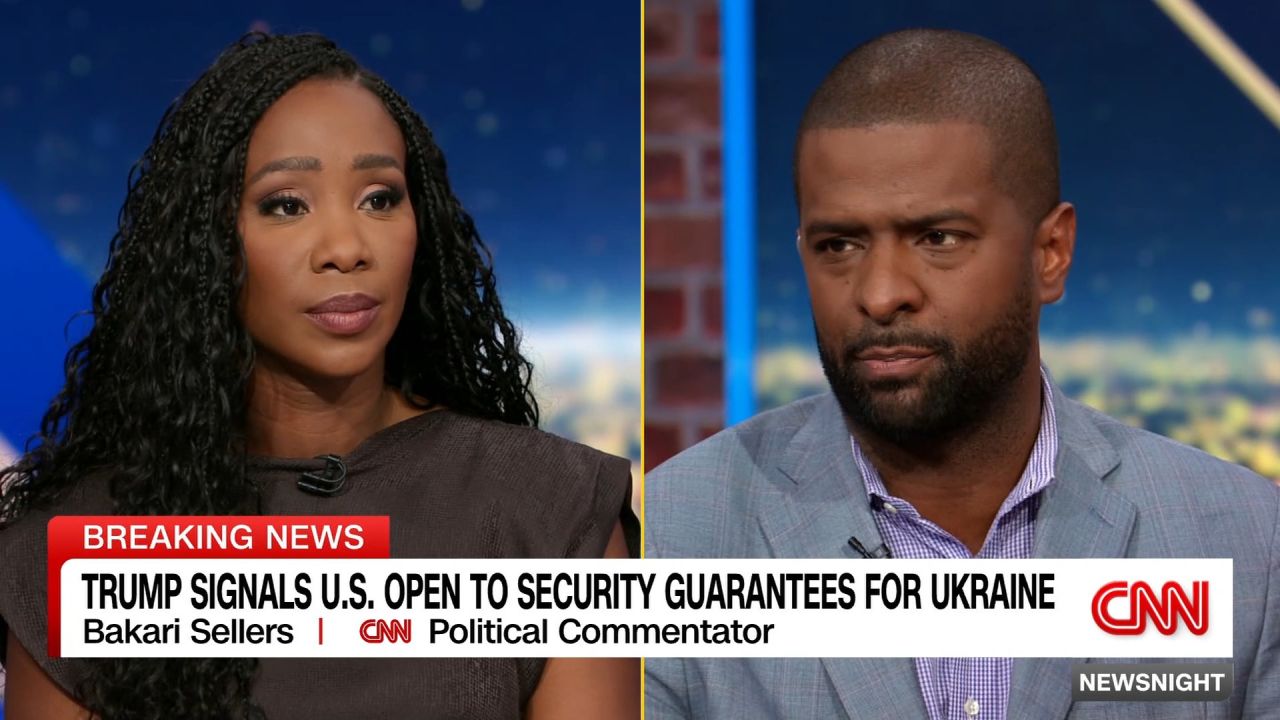Political tensions regarding the United States’ involvement in Ukraine were highlighted during a recent visit from Ukrainian President Volodymyr Zelensky to the White House. President Donald Trump, in a meeting with Zelensky and several European leaders, did not dismiss the possibility of deploying U.S. troops to bolster Ukraine’s security. This statement has ignited discussions among political commentators, particularly concerning the consistency of support from Trump’s base.
In a striking critique, CNN political commentator Bakari Sellers addressed the shift in attitudes among MAGA supporters. He emphasized that many who are now endorsing a potential military presence in Ukraine would have staunchly opposed such measures just months ago. Sellers underscored the inconsistency in messaging, questioning the rationale behind changing stances on military engagement.
Sellers’s commentary comes in the wake of mounting discussions about U.S. military involvement in Ukraine as the region continues to face security challenges. The meeting at the White House solidified the ongoing commitment of the U.S. and its allies to support Ukraine in its conflict against Russian aggression.
Political Dynamics and Military Support
The prospect of American troops in Ukraine has stirred significant debate within political circles. Trump’s remarks at the White House suggested a willingness to consider military options, a departure from earlier statements that focused more on financial and logistical support. This shift has raised eyebrows, particularly among those within the Republican Party who have long advocated for non-interventionist policies.
Sellers pointed out that the current support for military action contrasts sharply with the reluctance observed earlier in the conflict. He noted, “It’s fascinating to see how quickly opinions can shift when the political winds change.” This reflection highlights the complexities of American political discourse regarding foreign intervention, especially in relation to Russia and the ongoing war in Ukraine.
Implications for U.S. Foreign Policy
The implications of Trump’s willingness to consider troop deployment not only affect U.S.-Ukraine relations but also signal a potential shift in broader foreign policy. As the situation in Ukraine remains volatile, the U.S. government must navigate its commitments carefully, weighing the risks of direct military involvement against diplomatic solutions.
The response from the Republican base could shape the narrative heading into the next electoral cycle, particularly with the 2024 presidential elections approaching. Sellers’s critique serves as a reminder of the importance of consistency in political rhetoric, especially on issues as critical as national security and international relations.
As the conflict in Ukraine continues, the dialogue surrounding U.S. military involvement will likely intensify. The differing opinions within the political spectrum reflect the challenges faced by leaders in formulating a cohesive strategy that balances support for allies with the desire to avoid deeper entanglements.





































































